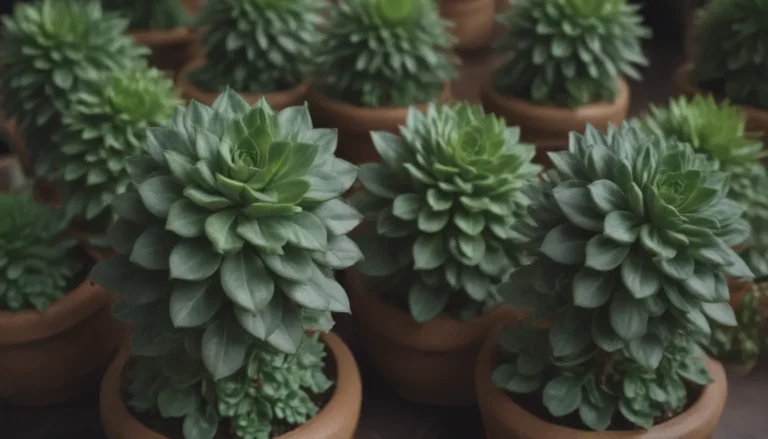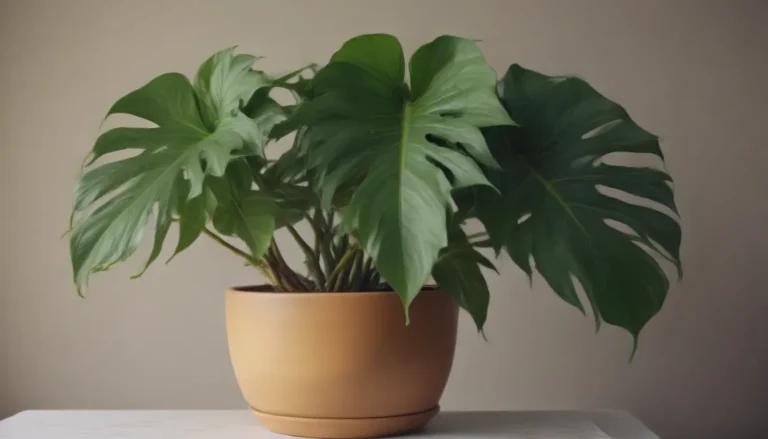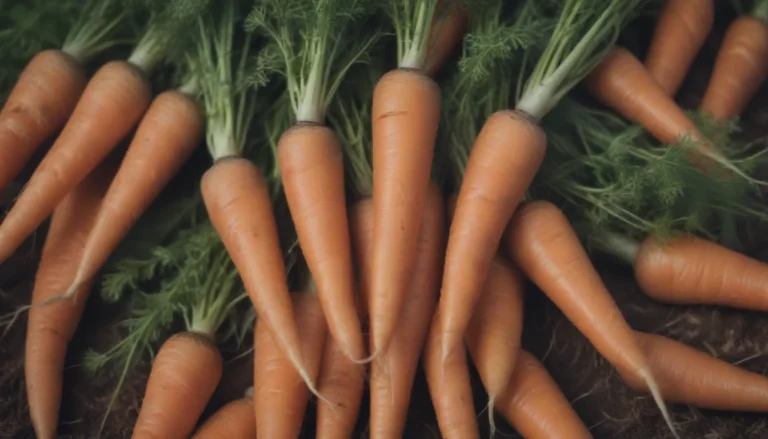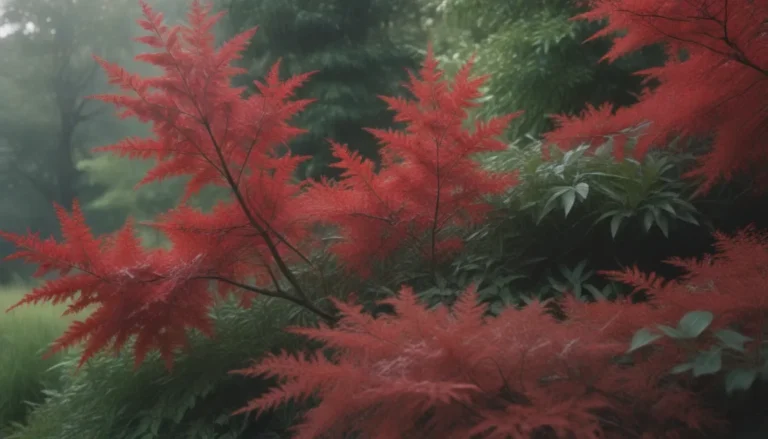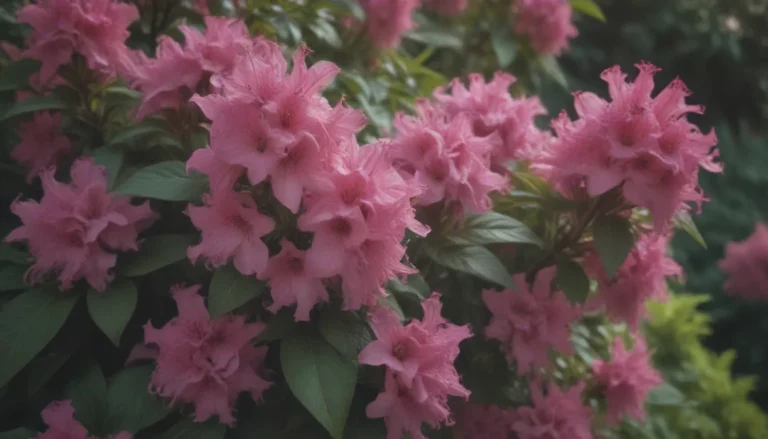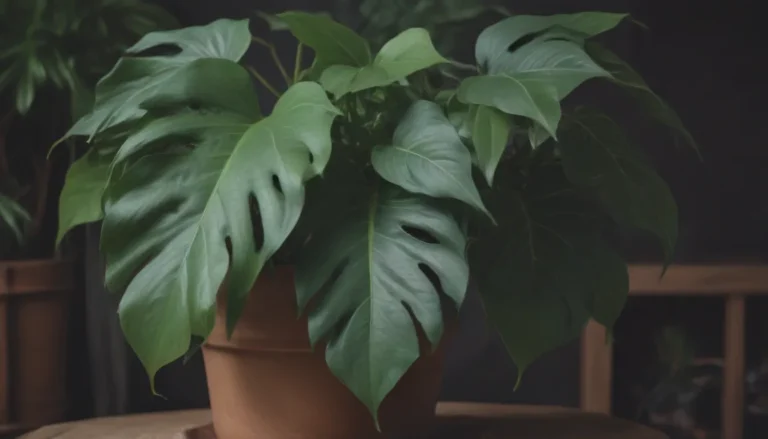Transforming Your Flower Garden: 9 Homemade Pesticides for a Healthy, Natural Approach
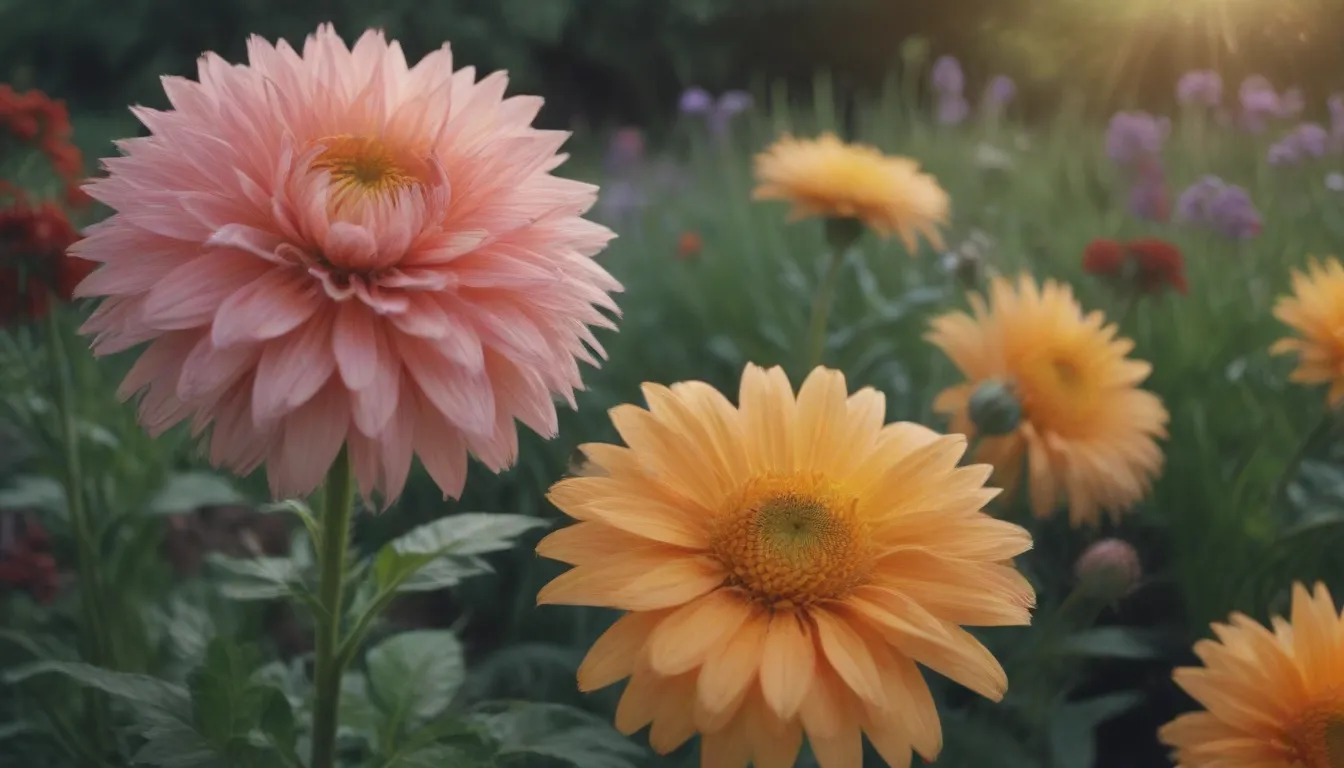
As a dedicated flower gardener, you want your beautiful blooms to thrive and flourish. But pesky pests can often stand in the way of your gardening dreams. While there are many commercial pesticides available, they can come with a hefty price tag and may not always be the best choice for your plants or the environment. That’s why turning to homemade, organic solutions can be a great alternative. In this comprehensive guide, we’ll explore nine effective homemade pesticides that can help you keep your flower garden healthy and vibrant without breaking the bank.
The Rise of Organic Gardening
In recent years, organic gardening has gained popularity as more and more people seek natural and environmentally-friendly ways to care for their plants. While commercial organic products are readily available, they can sometimes be expensive. That’s where homemade remedies come in handy. By using simple ingredients that you may already have in your pantry or garden, you can create effective pesticides to keep your flower garden thriving.
Why Choose Homemade Pesticides
There are many reasons why homemade pesticides are a great choice for your flower garden:
– Cost-effective: Homemade remedies are often much more affordable than commercial products.
– Environmentally-friendly: By using natural ingredients, you can minimize harm to the environment.
– Customizable: You can tailor your homemade pesticides to target specific pests that are plaguing your plants.
– Easy to make: Most homemade pesticides can be created with simple ingredients and basic kitchen tools.
Homemade Insect Soap
Insect soaps are a popular choice for organic gardeners, and you can easily make your own at home. Here’s a simple recipe to try:
– Combine three drops of mild dishwashing liquid in one quart of water.
– Add a tablespoon of cooking oil to help the mixture stick to plant leaves.
– Spray the mixture on plants to control pests like aphids, caterpillars, and mites.
Garlic Spray
Garlic is not only a flavorful addition to your meals but also a potent pesticide for your garden. Here’s how to make a garlic spray:
– Peel and crush five garlic bulbs and mix them with 16 oz. of water.
– Let the mixture infuse overnight, then strain it through a fine strainer.
– Dilute the liquid in a gallon of water and spray it on your plants to control insect pests.
Homemade Tobacco Spray
While cigarettes are harmful to health, tobacco can be a powerful insecticide. Here’s how to make a homemade tobacco spray:
– Gather cigarette butts to harvest a ¼ cup of tobacco leaves.
– Soak the leaves in a quart of water overnight.
– Avoid using this spray on nightshade plants as it can harbor the mosaic virus.
Epsom Salt Pesticide
Epsom salts can be used to create a natural pesticide for your garden. Here’s how to do it:
– Dissolve one cup of salts in five gallons of water to create a spray.
– Spray the mixture on pest-infested plants to deter slugs and beetles.
– Sprinkling Epsom salts around the base of plants can also add magnesium to the soil.
Oil Spray
An oil spray can be an effective way to control soft-body insects like aphids and mites. Here’s how to make it:
– Mix a cup of vegetable oil with a quarter cup of liquid soap.
– Dilute one tablespoon of the concentrate with four cups of water for use on plants.
– Reapply weekly for best results.
Hot Pepper Bug Repellent
Hot chili peppers can be a natural repellent for insects in your garden. Here’s how to make a hot pepper spray:
– Grind dried hot peppers to dust in a food processor.
– Sprinkle the dust around garden plants to repel ants and whiteflies.
– For added sticking power, mix ground chili peppers with horticultural oil and spray on plant foliage.
Citrus Spray
A citrus spray can be an effective way to control soft-bodied insects like aphids. Here’s how to make it:
– Grate the rind of one lemon and add it to a pint of boiling water.
– Let the mixture steep overnight, then strain it and spray on afflicted plants.
– Ensure the spray comes into contact with the insects for best results.
Rubbing Alcohol Bug Spray
Rubbing alcohol can quickly desiccate soft sucking pests like aphids and mealy bugs. Here’s how to use it in your garden:
– Dab a cotton swab soaked with rubbing alcohol on pests.
– Use a dilute alcohol spray on plants with waxy leaves.
– Take care to avoid damaging plant tissues when using rubbing alcohol.
Bug Juice Spray
Surprisingly, you can make a natural bug spray using the pests themselves. Here’s how to make bug juice spray:
– Gather enough pests to fill a teaspoon and pulverize them.
– Soak the mashed bugs in water overnight.
– Use the bug juice within three days for best results.
The Benefits of Homemade Pesticides
Using homemade pesticides in your flower garden can offer a range of benefits:
– Cost-effective solutions that won’t break the bank.
– Environmentally-friendly alternatives to commercial products.
– Customizable recipes to target specific pests in your garden.
– Easy-to-make remedies with simple ingredients you may already have at home.
In conclusion, by incorporating homemade pesticides into your gardening routine, you can maintain a healthy and thriving flower garden without relying on expensive or harmful commercial products. With a little creativity and resourcefulness, you can effectively control pests in your garden while promoting a natural, eco-friendly environment for your plants to flourish. Happy gardening!
